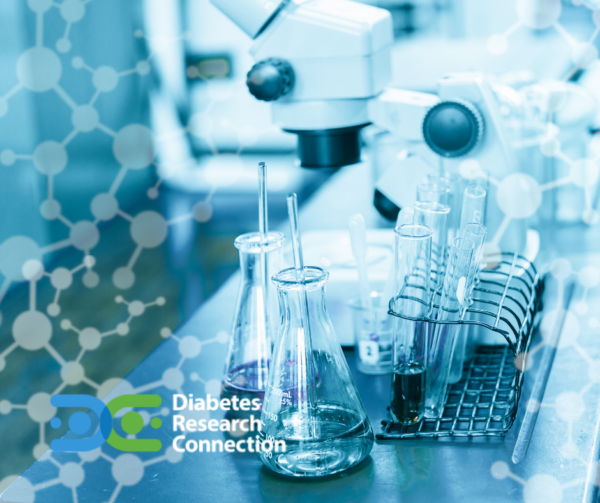Month: February 2022
-

DRC Announces 2022 Scientific Review Committee
74 type 1 diabetes (T1D) experts from renowned universities and research institutions across U.S. make up this year’s committee to vet innovative T1D research for funding by DRC SAN DIEGO […]
